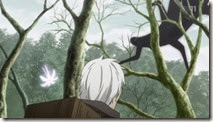 |
 |
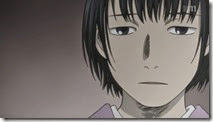 |
I knew “Road of Thorns” was going to pack quite the emotional punch, but the anime adaptation certainly didn’t disappoint. It’s easy to see why Nagahama-sensei had originally planned to end the first season of “Zoku Shou” with this story, because there’s not much you could follow it up with – it’s one of the saddest and most chilling tales in the Mushishi canon. As we know, of course, things didn’t work out that way and we ended up getting it as a TV special, midway between the two seasons. And it works quite well as a stand-alone chapter in that sense.
“Road of Thorns” is both a depressing reminder of just how much better Mushishi is than any new series airing this season (though we already have Hunter X Hunter as a weekly refresher of that) and a hopeful reassurance that at least one Fall series is certain to be superb. The only leap of faith required there is not in the material itself or the staff, which is guaranteed top-shelf, but the health of the studio – Artland has yet to make it through an entire season of Mushishi without major production delays wreaking havoc. In that respect all we can really do is hope for the best.
“Road of Thorns” is a new story that revisits an old one, “Sea of Writings” – the 20th Episode of the original series. That chapter offered both a glimpse of Ginko with the woman who seemed the least unlikely potential life partner we encountered and a very dark and sad tale – but its darkness was only a patch on this one, which shows us how the true reality of the Minai and Karibusa clans was every more tragic and disturbing than Tanyu’s own story.
The centerpiece of this tale is the Kinjirareta Mushi – the “forbidden” mushi whose fate is so intertwined with that of the Minai and Karibusa. It’s that mushi that hobbles Tanyu and turns her leg black, the curse of her family passed down through the generations, and it’s the role of the Minai clan to study it and prepare for the day it might eventually reappear. What we didn’t know before was the true fate of the Minai Mushishi – a fate we see borne by a little boy named Kumado (Nishida Mitsutaka). Unable to see mushi, he’s led by a clan elder (Kitagawa Yonehiko) to a place called a “Path of Overgrowth” – a spot where the worlds of the mushi and men come together, with the promise that he’ll seen be able to see mushi and fulfil his duty to the clan.
It’s something of the unique charm of Mushishi that we can watch a sequence like this unfold, with an 83 year-old seiyuu interacting with a 10 year-old (Nishida also played young Peco in Ping Pong, and Kitagawa-san ranks Lupin II among his anime roles), which gives it an authenticity most anime literally don’t even aspire to. Soon, the terrible truth becomes clear – the old man’s role is to keep the boy at the Path of Overgrowth until his soul is devoured (by a Sanekui, a soul-eating mushi which frequents such places) and replace it with an artificial soul made of kouki. It seemed as if the Karibusa made a great sacrifice to contain the Kinjirareta, but remarkably the one paid by the Minai is far greater – their very souls. The guilt the old man feels is profound, and well it should be – whatever the ultimate purpose, what he does to the child is a heinous and terrible crime.
Perhaps the most heartbreaking moment of the story comes when young Kumado hears the truth and helplessly asks, “But… without my soul, will I even still be alive?” The rest of it is more or less a musing on the answer to that question – with uncertain results. Ginko has been asked by Tanyu (Kobayashi Ai) to assist the now adult Kumado (Satoshi Mikami) in investigating the strange behavior of mushi in the area. Tama (Kyouda Hisako) clearly feels great remorse over the fate of her clan member, and over the years often invites him to spend time with Tanyu, exhorting her not to despise him for the strange emptiness that’s the essence of who he is. Kumado seems to exist in a netherworld between life and death, apparently emotionless – but there’s a sense that he’s retained enough of himself to be furious about what’s been done to him.
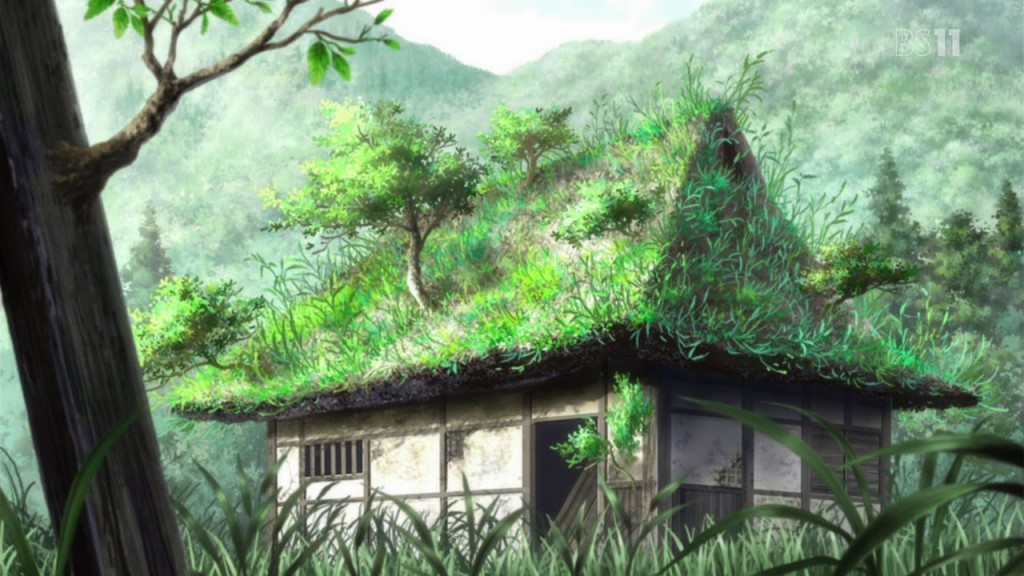
That sense is strongly reinforced when he reluctantly joins forces with Ginko (forced to by the letter from Tanyu which Ginko possesses) and the pair investigate another Path of Overgrowth – a place where Ginko insists “no sane person would go”. There an “exit” to the world of mushi gapes open, and which Ginko insists must be closed at once before another Kinjirareta appears. But Kumado tells Ginko that after the brutal sacrifices he and his family have made for generations, he wants the forbidden mushi to appear – to confront it once and for all. But it’s a Saneuki that appears, and when it finds nothing in Kumado to its liking turns to Ginko, forcing Kumado to unleash the faux soul inside him to turn the tables on the Saneuki and devour it. And Tama repeats the process once more, inserting a new kouki soul in Kumado, leaving him seemingly unchanged from the process – still cold, still empty, yet somehow still alive with resentment.
Much of “Zoku Shou” – though certainly not all – dealt with chapters which avoided direct confrontation with mushi as enemies. “Path of Thorns” is a reminder that in this mythology mushi are a mysterious force with the potential to wreak great havoc, and that humans are often driven to terrible acts by that threat. It’s a creepy and unnerving chapter, but more than anything a melancholy and tragic one. And of course, it’s also a reminder of just how unique and superb an anime Mushishi is, and what a great stroke of fortune it is to have it once more gracing the schedule this fall.
 |
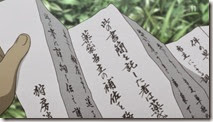 |
 |
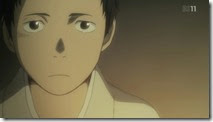 |
 |
 |
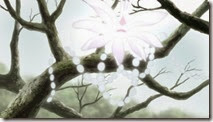 |
 |
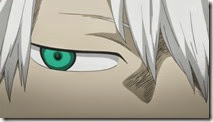 |
 |
 |
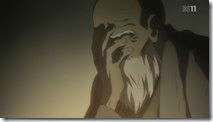 |
 |
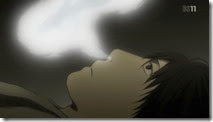 |
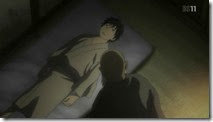 |
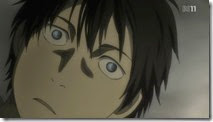 |
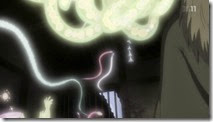 |
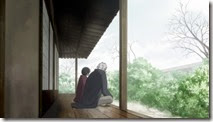 |
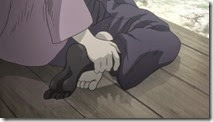 |
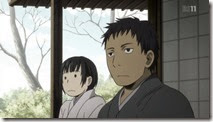 |
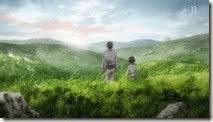 |
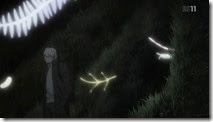 |
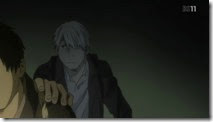 |
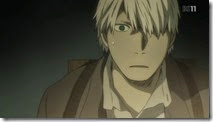 |
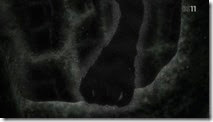 |
 |
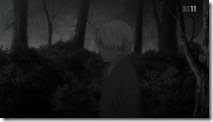 |
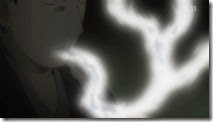 |
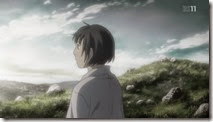 |
 |
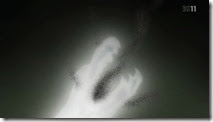 |
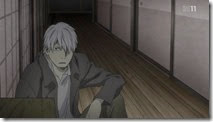 |
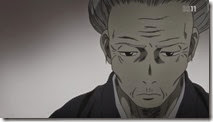 |
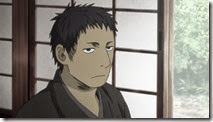 |
 |
 |
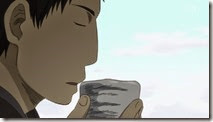 |
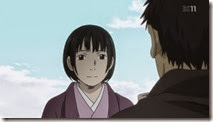 |
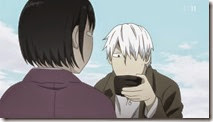 |


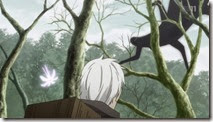
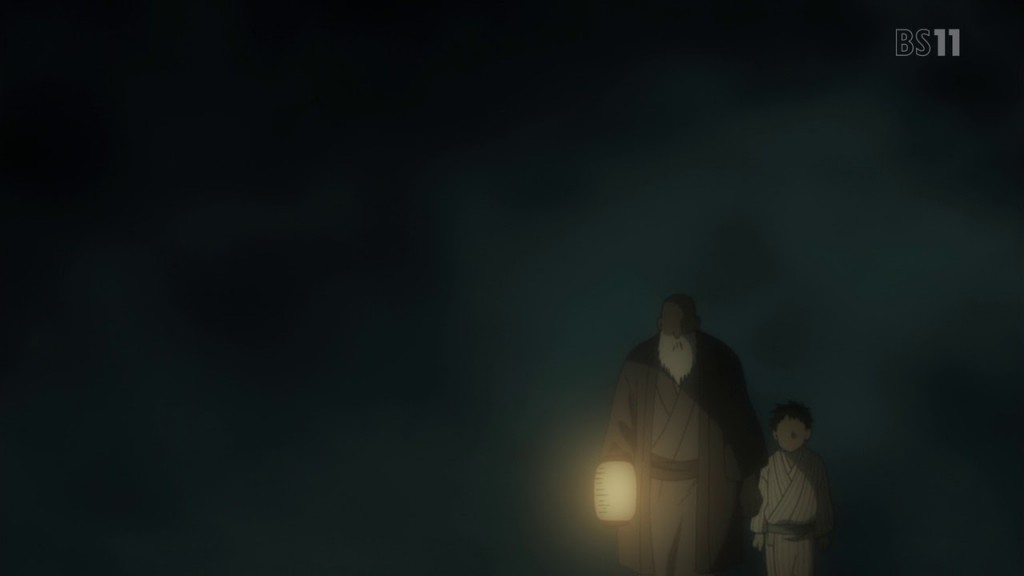
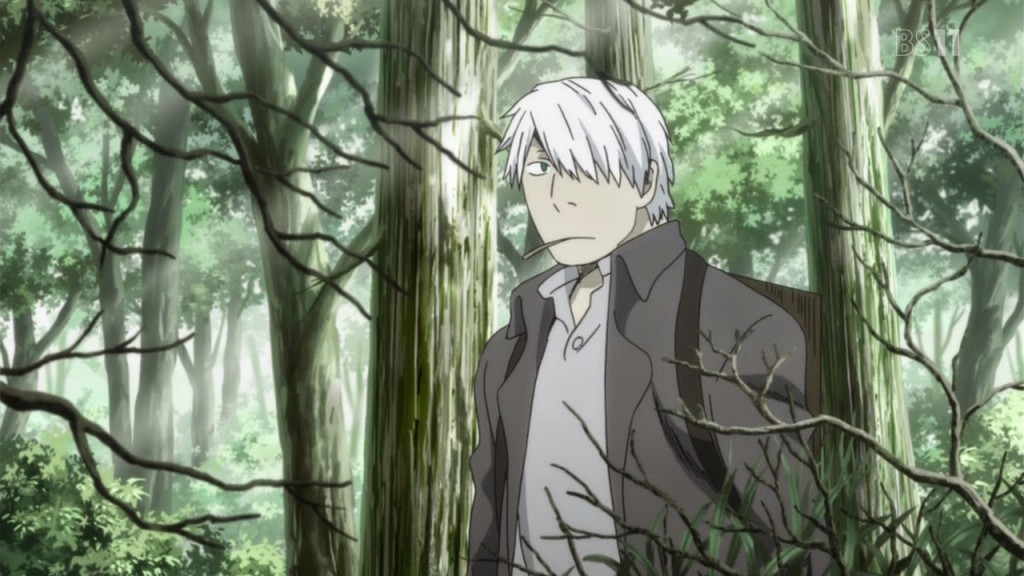
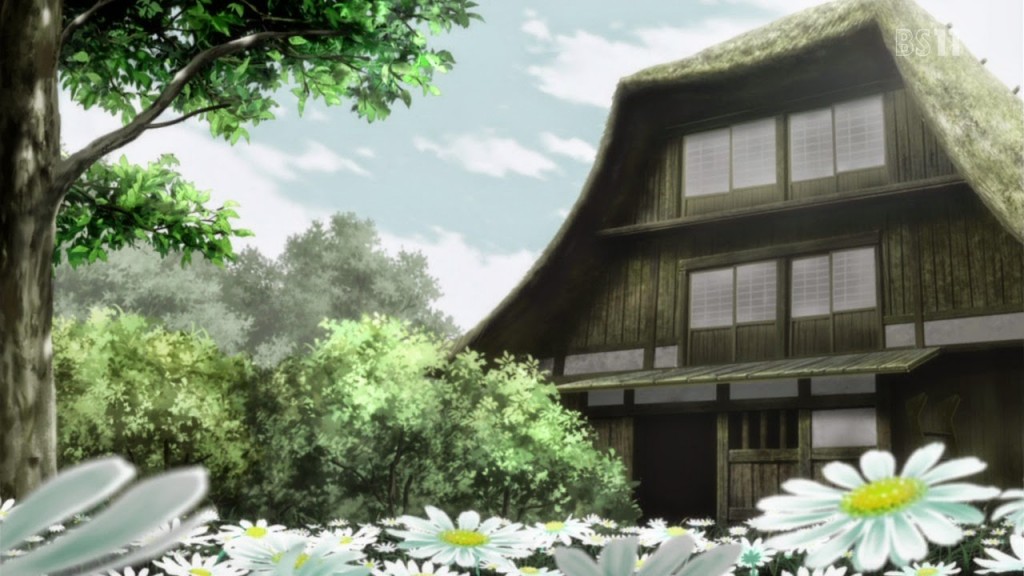
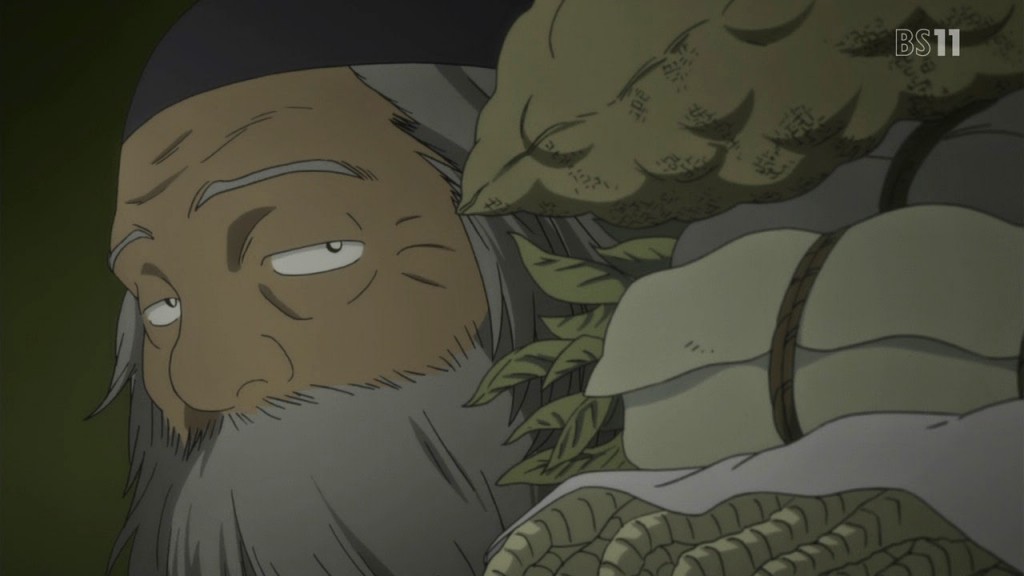
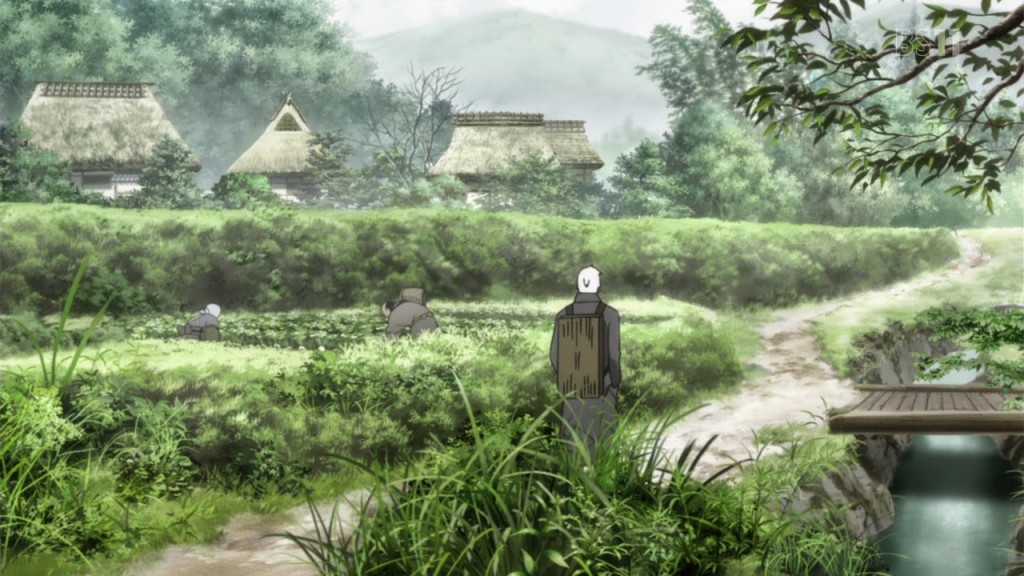
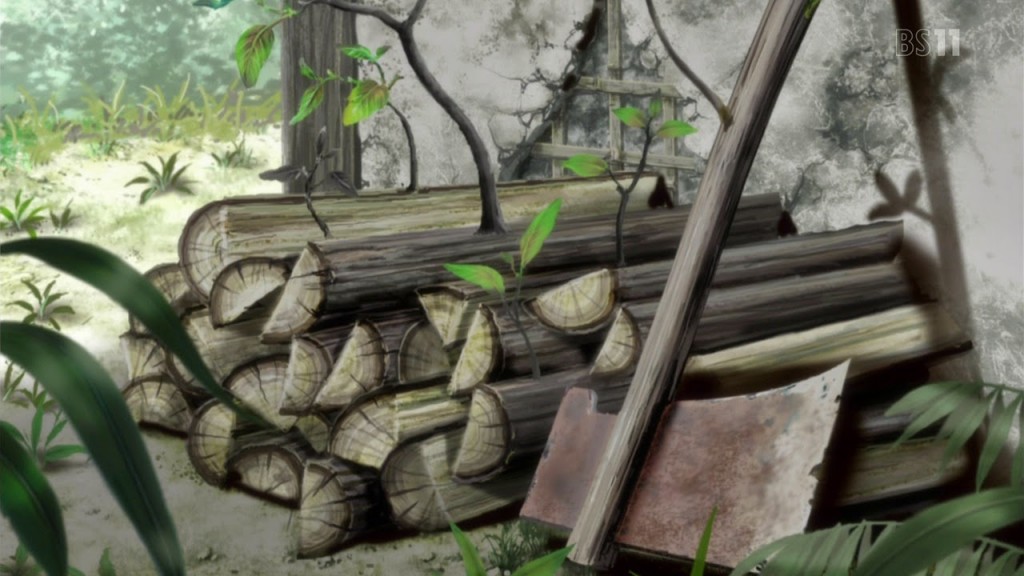
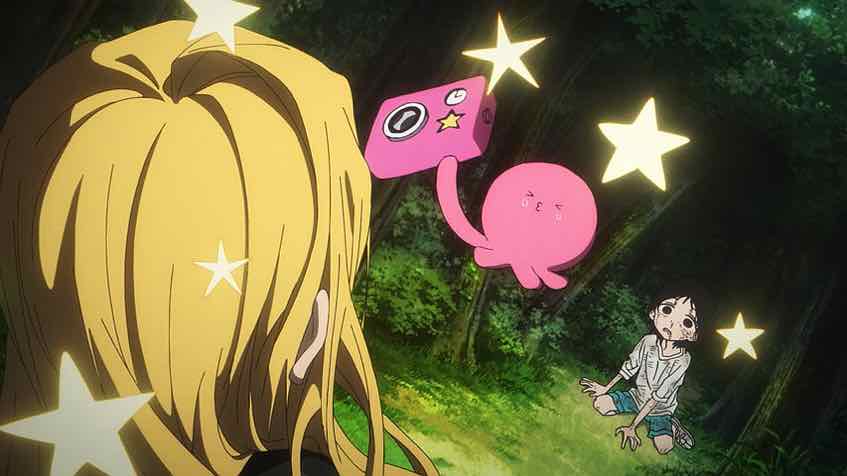
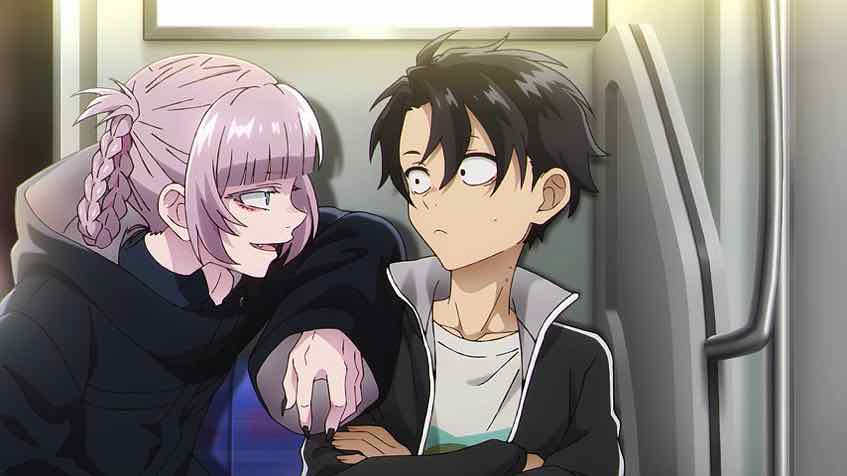
elianthos80
August 23, 2014 at 11:04 amAs usual watching Mushishi is a peculiar experience. Last weekend I had showed one of my friends the silent snow village episode from s1 and in spite of a few pauses whenever she was struggling with English in the subs it still managed to pull us in its world. Halfway through the episode any comment or questions she had had turned into a whisper. The series really has a way to make to make one enter into a different dimension ( a sacred space in the etymological sense of the word for a western viewer, although mushi themselves self are a fascinatingly fluid, blur-the-lines entities in-universe).
Production issues notwithstanding I'm glad ArtLand is able to deliver once again and with such a respect for the source. Even in stories like this one – where humans (and giri vs ninjo) and mushi interaction bring sorrow and tragedy. And where when all is stripped away from Kumado what remains of are resentment [channeled rage and revenge I'd say] – Mushishi leaves a sense of somber… serenity?
Ryan Yeung
August 24, 2014 at 9:12 pmAm I missing something, or shouldn't this episode be titled "Odoro no Michi"?